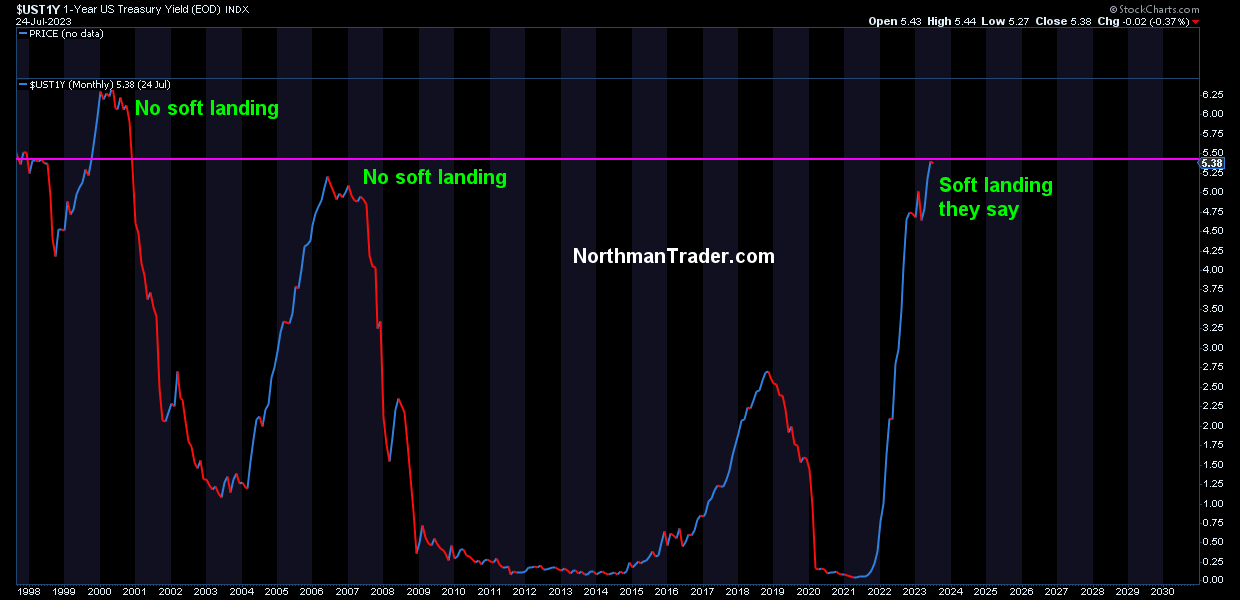Since the creation of the Federal Reserve in 1913, the dollar has lost over 97 percent of its purchasing power, the US economy has been subjected to a series of painful Federal Reserve-created recessions and depressions, and government has grown to dangerous levels thanks to the Fed’s policy of monetizing the debt. Yet the Federal Reserve still operates under a congressionally-created shroud of secrecy.
No wonder almost 75 percent of the American public supports legislation to audit the Federal Reserve.
The new Senate leadership has pledged to finally hold a vote on the audit bill this year, but, despite overwhelming public support, passage of this legislation is by no means assured.
The reason it may be difficult to pass this bill is that the 25 percent of Americans who oppose it represent some of the most powerful interests in American politics. These interests are working behind the scenes to kill the bill or replace it with a meaningless “compromise.” This “compromise” may provide limited transparency, but it would still keep the American people from learning the full truth about the Fed’s conduct of monetary policy.
Some opponents of the bill say an audit would somehow compromise the Fed’s independence. Those who make this claim cannot point to anything in the text of the bill giving Congress any new authority over the Fed’s conduct of monetary policy. More importantly, the idea that the Federal Reserve is somehow independent of political considerations is laughable. Economists often refer to the political business cycle, where the Fed adjusts its policies to help or hurt incumbent politicians. Former Federal Reserve Chairman Arthur Burns exposed the truth behind the propaganda regarding Federal Reserve independence when he said, if the chairman didn’t do what the president wanted, the Federal Reserve “would lose its independence.”
Perhaps the real reason the Fed opposes an audit can be found by looking at what has been revealed about the Fed’s operations in recent years. In 2010, as part of the Dodd-Frank bill, Congress authorized a one-time audit of the Federal Reserve’s activities during the financial crisis of 2008. The audit revealed that between 2007 and 2008 the Federal Reserve loaned over $16 trillion — more than four times the annual budget of the United States — to foreign central banks and politically-influential private companies.
In 2013 former Federal Reserve official Andrew Huszar publicly apologized to the American people for his role in “the greatest backdoor Wall Street bailout of all time” — the Federal Reserve’s quantitative easing program. Can anyone doubt an audit would further confirm how the Fed acts to benefit economic elites?
Despite the improvements shown in the (government-manipulated) economic statistics, the average American has not benefited from the Fed’s quantitative easing program. The abysmal failure of quantitative easing in the US may be one reason Switzerland stopped pegging the value of the Swiss Franc to the Euro following reports that the European Central Bank is about to launch its own quantitative easing program.
Quantitative easing is just the latest chapter in the Federal Reserve’s hundred-year history of failure. Despite this poor track record, Fed apologists still claim the American people benefit from the Federal Reserve System. But, if that were the case, why wouldn’t they welcome the opportunity to let the American people know more about monetary policy? Why is the Fed acting like it has something to hide if it has nothing to fear from an audit?
The American people have suffered long enough under a monetary policy controlled by an unaccountable, secretive central bank. It is time to finally audit — and then end — the Fed.

 RSS
RSS









Lets stir up this den of vipers! Go Ron!
Oh look, more gold-nut paranoia.